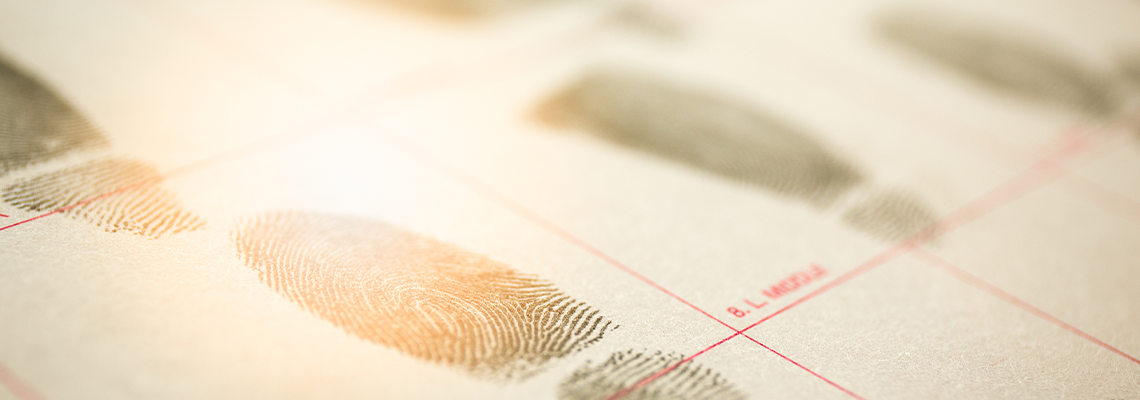When facing criminal charges, understanding the difference between a felony and a misdemeanor is critical. Felonies and misdemeanors carry very different consequences, and knowing what is at stake can make a big difference when planning a defense.

Sealing Prior Convictions After 10 Years
As humans, we’re all prone to mistakes, and in most cases, we don’t deserve to be punished for the rest of our lives because of them. Thankfully, there’s an option for those who’ve been found guilty of a crime, but you first must verify your eligibility for sealing convictions in New York.
Over the last six years, this process has allowed 3,882 individuals to seal their past convictions, according to data from the state’s Division of Criminal Justice Services. However, many more may be able to take advantage of the sealing process in New York but simply lack the information and resources to pursue it.
If you’d like to hear more about your options for sealing your criminal record, give us a call at the Law Office of Michael D. Litman, PLLC. We’re located in Westchester County, New York, but can serve those throughout the area, including White Plains, Harrison, and Yonkers.
Sealing of Prior Convictions
If you’ve been convicted of a crime in the past, but have remained in good standing since serving your time, you may be curious about how to clear your name. One way to do this is by sealing your record. Most states have some process by which those who haven’t committed any crimes in a certain number of years can apply to have their prior convictions wiped out. This is typically done in one of two ways: sealing and expungement.
Although they both have similar results, there are a couple of important distinctions between expungement and sealing:
Sealing: When your criminal record is “sealed,” it means that it won’t be accessible to the public, but will still exist. For example, if a potential landlord runs a background check on you, they will not see any convictions. However, courts and certain agencies (like the military or law enforcement) will still have access to this information if needed.
Expungement: When your record is expunged, it’s erased completely. This means a background check or criminal history search won’t turn up anything. It’s worth pointing out that New York issues expungements in very rare circumstances, most notably those involving possession of marijuana.
New York’s Eligibility Requirements for Record Sealing
In most cases, individuals can request sealing convictions after 10 years from the date of their conviction and/or release, whichever is later. For example, if your penalty included serving nine months in jail, the timeline would begin after you’ve completed your full sentence.
Additionally, applicants must also meet the following criteria:
During those 10 years, you must not have had any additional convictions nor have any pending criminal cases.
You can only have a maximum of two convictions in your past that you’re seeking to be sealed, either:
Two misdemeanor convictions,
One misdemeanor and one felony, or
One felony
There are certain exceptions that may allow you to have more than two misdemeanors and still qualify for sealing, specifically if the convictions all relate to the same incident.
Importantly, not every individual will be eligible to have their records sealed depending on the kind of felony they were convicted of. Crimes related to a violent offense, sex offense, or other serious felonies may not qualify.
Benefits of Sealing Prior Convictions
Having a clean criminal record can offer multiple benefits, which is why it can be so important to pursue this option:
Employment opportunities: Many employers are legally able to deny you work if you have a criminal conviction in your past.
Housing/rental opportunities: Most landlords and property management companies will perform a background check on you before renting or leasing to you.
Improved reputation: Many people who’ve learned from the mistakes they’ve made when they were younger simply wish to move on with the peace of mind that they have a clean criminal record.
Ability to purchase firearms: If you’ve been convicted of a felony, you may be barred from owning or purchasing a gun in the state.
The Process of Sealing Convictions After 10 Years
Although the process to seal your criminal record isn’t overly complicated, it’s essential to know what to expect and to answer, “How long does the sealing process take?”
You’ll first need to obtain a Criminal Certificate of Disposition from the court.
Then you must fill out an application which includes all relevant information to prove you’ve been an upstanding citizen in the past ten years and shows evidence of rehabilitation. It’s at this stage that an experienced criminal defense attorney can be the most helpful. They’ll know exactly what kind of documentation you’ll need to include to increase your chances of approval and can help you gather and organize this to include in your application.
You’ll then need to file these forms with the District Attorney's Office and sign an Affidavit of Service.
The DA has 45 days to approve or reject your application.
Pursue a Brighter Tomorrow, Starting Today
If you’re in the Westchester County, New York, area and would like to explore your options for having a prior criminal conviction sealed, contact us at the Law Office of Michael D. Litman, PLLC.
RECENT POSTS
Driving while intoxicated (DWI) charges in New York carry serious and lasting consequences. When someone pleads guilty or is convicted, the impact goes far beyond fines or jail time.




